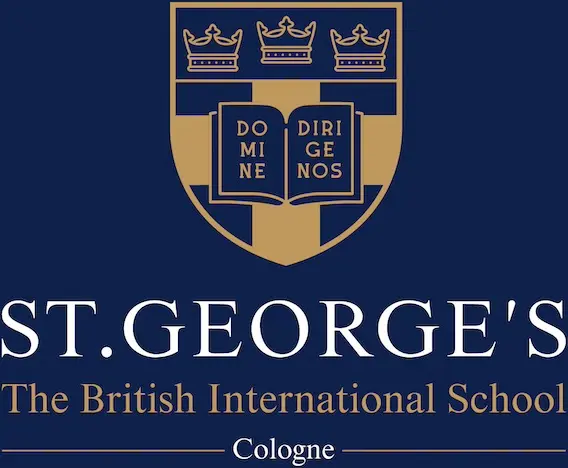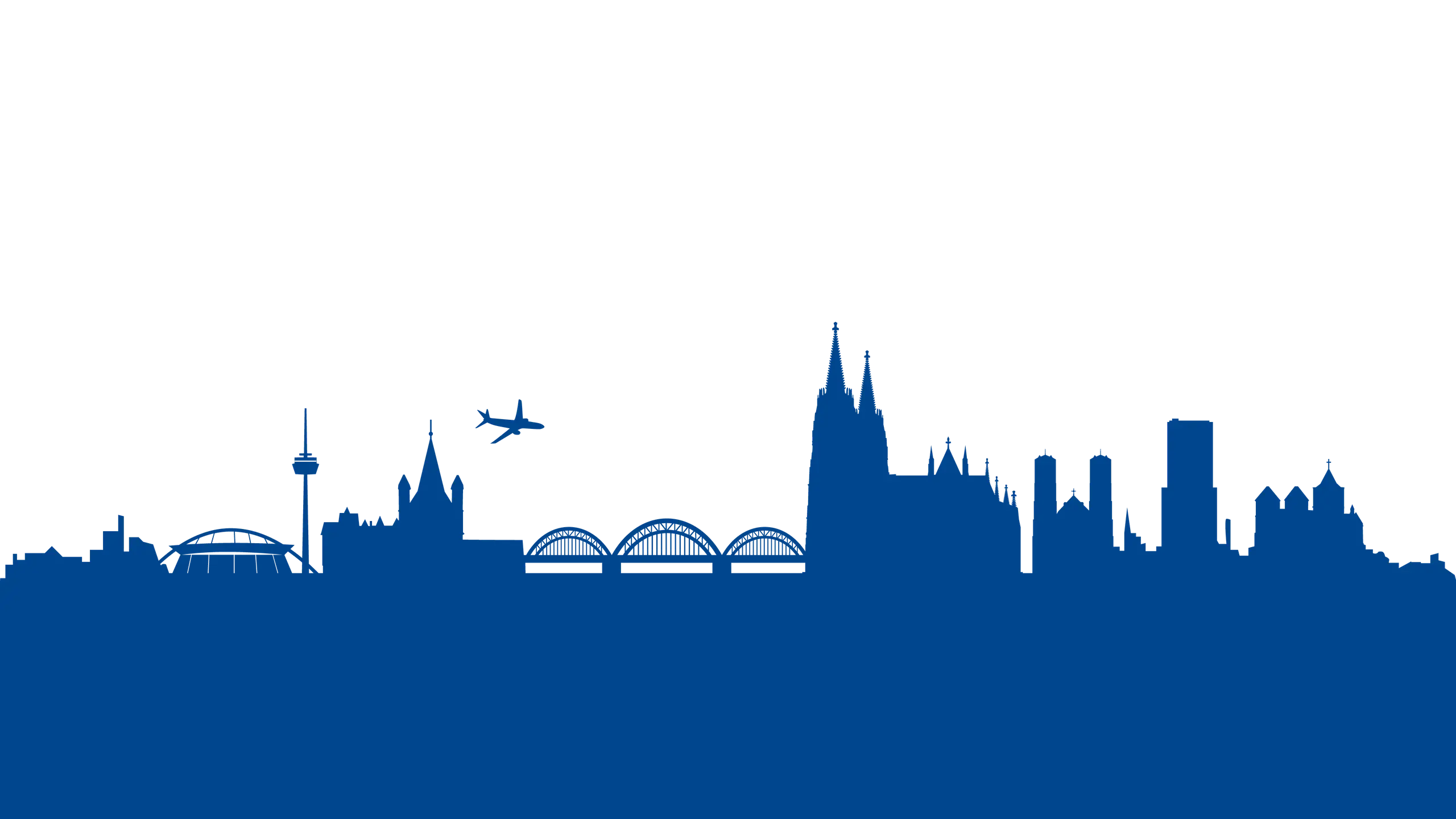The benefits of living in Germany.
Living in Germany offers a high quality lifestyle, and opportunities for personal and professional growth, making it a desirable destination for those seeking to live abroad.
Germany is a diverse and fascinating country, lying at the heart of Europe. It has a rich history, breath-taking landscapes, vibrant cities, and an open-minded, multicultural society. Germans enjoy a high standard of living, strongly supported by a stable political environment, a robust infrastructure, and a prosperous economy. German towns are regularly ranked among some of the most ‘liveable cities’ in the world, providing safety and peace of mind for residents.
However, life in Germany also has its quirks and individual charm, as it boasts a unique and regionally diverse culture, making a relocation to Germany an enriching and delightful experience.
Quick facts
Language, landscape and culture
|
Language |
|---|
|
German is the most widely spoken first language in Europe and one of the top 10 most spoken languages in the world, with over 120 million speakers spread over Germany, Austria and Switzerland. While German is neither known for its beauty nor its ease of learning, this notion is more myth than reality. German shares many similarities with the English language, providing English speakers with a solid foundation. A wide range of German courses tailored to various levels and time commitments, make it accessible for learners of all backgrounds. For those looking to learn the language before arriving in Germany, online courses offer a convenient and accessible option. The Goethe Institute is a globally recognised cultural institution dedicated to promoting the German language and fostering international cultural exchange and offers German as a foreign language learning through courses and examinations. Many Germans have an excellent understanding of English, and it is entirely possible to get by in Germany without speaking the language. However, it is always useful to have a grasp of the basics. |
|
Food |
|
Prepare to be pleasantly surprised by the diversity of German cuisine. Germany is a cosmopolitan, multicultural society, and German people enjoy a wide range of cuisines from around the globe. In any city, you are likely to find more Italian or Asian restaurants than traditional German ‘Brauhäuser’. There is something for every taste. Germany also boasts its own rich culinary heritage, with distinct regional variations. Take, for instance, the iconic Wurst. Germans enjoy many sausage varieties, ranging from white to dark, short to long, and boiled to smoked, reflecting the diverse tastes across the country. Additionally, Germany takes pride in its extensive bread culture, with over 300 types of bread to savour. With a remarkable 1,300 breweries, there's a different beer available for every day of the year, for over three years! |
|
Geography |
|
Germany stretches from the Baltic in the north to the Alps in the south. It borders nine countries, including Scandinavian Denmark, Mediterranean France, Alpine Switzerland, and the Bohemian Czech Republic. Two of Europe’s mightiest rivers carve through its landscapes – the Danube and the Rhine, and one of Europe’s largest lakes – Lake Constance – forms its southern border. Germany’s geography is therefore hugely varied and its landscapes merit discovery. The country is divided roughly in two, between the ‘flat’ north and ‘high’ south. The north has a strong seafaring tradition and is a popular holiday destination for families and those seeking the fresh sea air. Its coast is dotted with islands, and home to sweeping beaches, broad mudflats and chalky cliffs. Central Germany is the land of rolling hills and majestic rivers. Vineyards cling to the slopes and produce some of the country’s finest wines. In the southwest, the Black Forest entices visitors with its spectacular scenery, cuckoo clocks and cherry cake. Icy lakes nestle in Bavaria’s hills, formed from the melting snow of the Alps, which rise on the southern border and provide endless opportunity for outdoor pursuits. |
|
Climate |
|
Germany has a predominantly temperate climate, with continental influences. There are four distinct seasons, with warm summers and mild winters. Continental influences can cause periods of extreme heat or cold, but average temperatures are moderate. Snow is common at higher elevations during the winter months, but the lowlands are typically milder, with only the occasional snow flurry. |
|
Culture |
|
It is impossible to summarise Germany’s rich and diverse culture in a few short words. However, lying in the centre of Europe places Germany firmly at the heart of European cultural tradition. Germany has a lot in common with its neighbours, and for those moving to Germany from elsewhere in the western world, much will be familiar. Due to Germany’s long existence as a group of loosely allied micro-states, German culture is highly regionalised, and there are marked differences in language, customs, and culinary traditions across the country. Travelling from one city to another can feel like travelling to a different country, which makes Germany such an interesting place to discover. Germans have a great appreciation for their own culture and customs, as well as culture in a broader sense. The typical German has a strong affinity to their hometown or region, and local festivities are celebrated with pride. This means that many ancient traditions are kept wholeheartedly alive beneath the shiny veneer of this modern nation. Cultural activities are abundant, and even small towns and cities typically have a wide array of cultural outlets. Museums and the Arts thrive in Germany, offering something to captivate every interest. Known as the "Land der Dichter und Denker" (the land of poets and thinkers), Germany celebrates its rich literary, philosophical, and artistic heritage with pride. |
|
Quality Healthcare |
|
The healthcare system in Germany is renowned for its excellence, offering comprehensive coverage and access to top-notch medical facilities and services. |
|
Efficient Public Transport |
|
Germany has an extensive and efficient public transportation network, including trains, trams, buses, and bike lanes, making it easy to get around without a car. |
|
Work-Life Balance |
|
Germans value work-life balance, with generous vacation days, flexible working hours, and strong labour laws promoting employee well-being. |
|
Environmental Consciousness |
|
Germany is a leader in environmental sustainability, with initiatives promoting renewable energy, recycling, and eco-friendly practices. |
The benefits of living in...
Cologne
Cologne is a historic city located in western Germany along the Rhine River. It is the largest city in the North Rhine-Westphalia region and is known for its rich history, stunning architecture, vibrant culture, and warm hospitality.
Cologne with its large and diverse international community offers a perfect blend of history, culture, and modern amenities, making it a popular destination for tourists and a vibrant place to live.
|
Infrastructure |
|---|
| Situated directly on the river Rhine in western Germany, Cologne is an ideal location for discovering Europe. The city is an important road and rail hub, and destinations in Belgium, France, Luxembourg and the Netherlands are close by. High speed rail links connect Cologne to all major German cities, as well as destinations further afield, including London and Paris. Cologne-Bonn airport serves a wide range of European and long-haul destinations. |
|
Evolving Story |
|
Cologne was founded in 50 AD by the Romans, and developed into a thriving trade centre. Vestiges of this ancient past can still be found beneath the city’s streets. The medieval city leaves its mark in the winding streets of the old town, and the walls which still line the city’s ‘Ring’. The Middle Ages also saw construction begin on Cologne’s impressive cathedral, which took over 600 years to complete. This masterpiece of Gothic architecture now towers over the city, and, as a UNESCO World Heritage site, is one of Germany’s most important tourist attractions. Almost completely destroyed during the war, Cologne rose from the ashes and the modern city is a lively metropolis with a proud sense of tradition. Today’s city offers something for everyone, with a busy shopping district, a host of museums, theatres, and concert halls, not to mention thousands of bars and restaurants. For those that prefer the quieter life, there are many peaceful suburbs and the ‘Eifel’ and ‘Bergisches Land’ – areas of great natural beauty – are only a short commute away. Weekends offer the possibility of discovering the wider region. The spectacular Rhine valley and the Mosel wine growing region lie just to the south, and opportunities for hiking and skiing can be found in the mountainous Sauerland area. The Neanderthal region offers a glimpse into human pre-history, whereas the former West German capital, Bonn, offers insight into the more recent German past. ‘Karneval’ is the high point of the calendar, a weeklong festival during which the city’s population doubles in size. This is one of many events that punctuate the year, all of which are typically accompanied by a ‘Kölsch’, the local beer, served in tall thin glasses. |
|
Legacy and identity |
| The shield in the flag of the city of Cologne features three golden coronets ordered horizontally. They symbolise the three wise, holy kings, whose bones had been brought to Köln by emperor Friedrich Barbarossa in 1164. The logo of St.George’s School in Cologne features three crowns, symbolising the city's rich cultural heritage. |





















